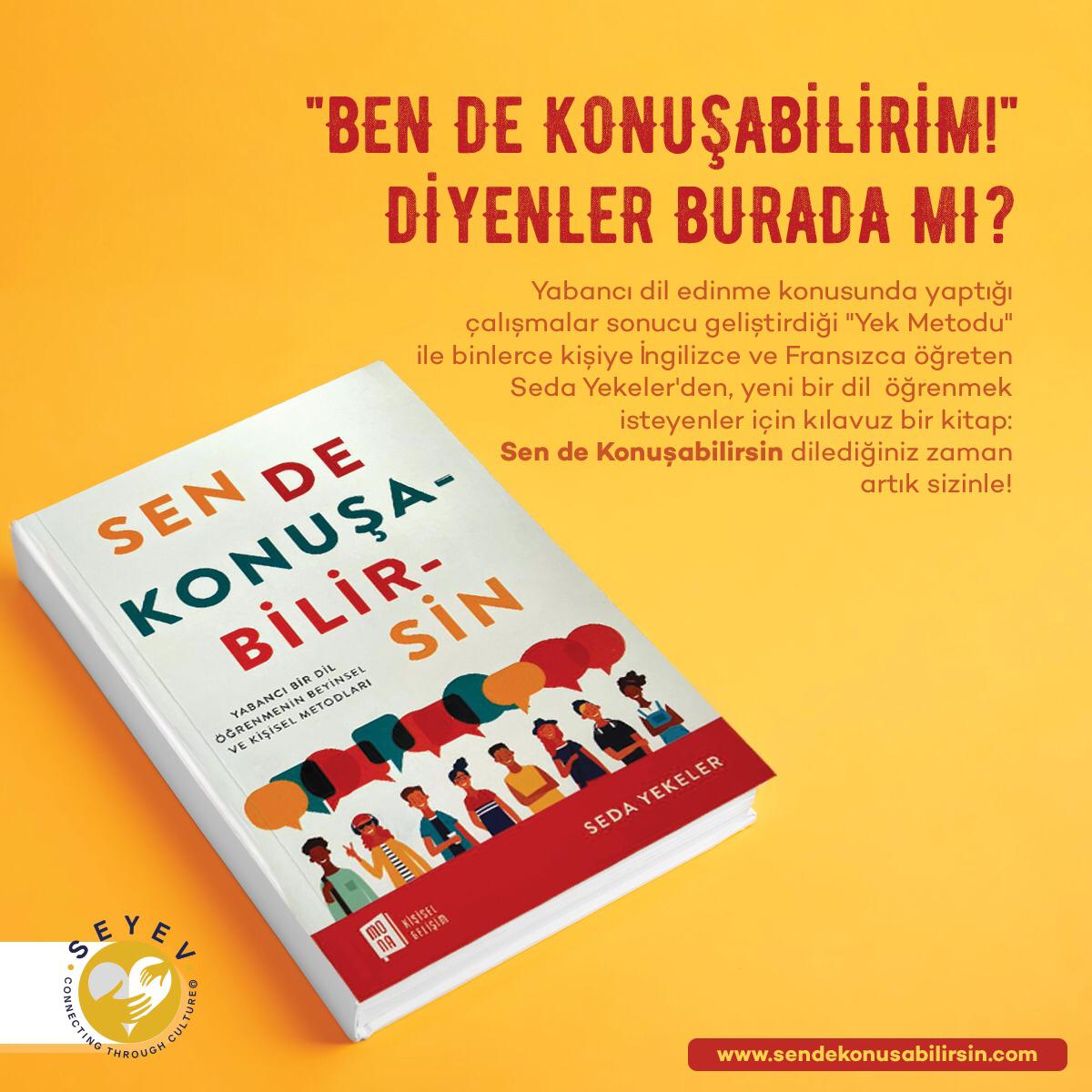Foreign Language, Technology and Children
20 years ago from today, in 90’s when I was in my twenties, the possibilities of that one day advanced technology taking translators’ or even teachers’ place used to be discussed. I used to contemplate on that for a long time, I used to rack my brain about how a machine can take a human’s place and translate literary texts or how a computer program can take the place of teachers who are most essential to the society.
I, who rewinded the song I like over and over on the casette player, I, who entwisted the tape reel with a pen whenever it came off, I, who got surprised when I received Walkman or Tetris as if the hugest revolution of the world was actualized, I’m coming to realize how much I internalized technology in the past 20 years.
As an education reformist, I’ve called parents out for years saying ‘’please don’t give your child phone or tablet’’. ‘’If s/he can’t eat without looking at the tablet, let him/her be, let them starve.’’ Instead of rasing kids on a full stomach but yet with numb brains, a life spent away from technology would improve the brain more. For the last two years, I’ve been observing that I’m getting defeated by these discourses of mine of which I used to stand by. Ever since I’ve realized that I can’t adapt to the things I said all along, I’ve changed my attitude towards this subject. Now I focus on the thought how we can adapt technology to our lives both for me and my kid in the most correct way.
A huge generation is coming who met technology when in their mothers’ wombs:
So how to use these devices consciously?
How to adapt parents and kids to right use of technology?
How to be consciously literate, all these questions interests us, teachers’ closely.
Using smart devices and getting children to use them; and while using these devices, transforming them to positive benefits are of sensitive matters. Especially the role of tablets and smart phones in teaching them foreign language is being more and more indispensable everyday. Since our kids love technology this much; then, let’s adjoin these little screen adorers, in other words the kids these days to digital learning processes by also considering the unique skills they have and their domain of interest. Since technologic devices surrounded every house and every parts of society, then we should teach our children, parents and the society how to use these devices consciously in terms of foreign language teaching. We should contemplate on technological devices’ positive effects on language learning and discovering the world through language. Our children’s addiction to technology will only then transform into a social benefit. Parents and teachers shoulder important roles in the correct usage of technological devices in terms of children’s foreign language development. At the same time, if they use technological devices right, they do most of the things they want to do with sleight of hand and learning come in more practical and enjoyable for children. SEYEV, which has been following the steps of reformist movements for years with its TDSGSTS(Teacher Doesnt Speak Gets the Student To Speak) principle is making technology and foreign languages its focus this year:
In SEYEV’s ‘’trainer’s training’’ seminars that it conducts voluntarily, under the roof of ‘’LANGUAGE AND TECHNOLOGY’’; teachers are being offered advices about how these devices should be used correctly. In children’s language education, it is very important for their listening and speaking skills to develop. Rather than absolute grammar education, SEYEV supports children’s remarkable world of acquiring language with technological devices and with games, songs, manual training, art events, stories and visual aids.


